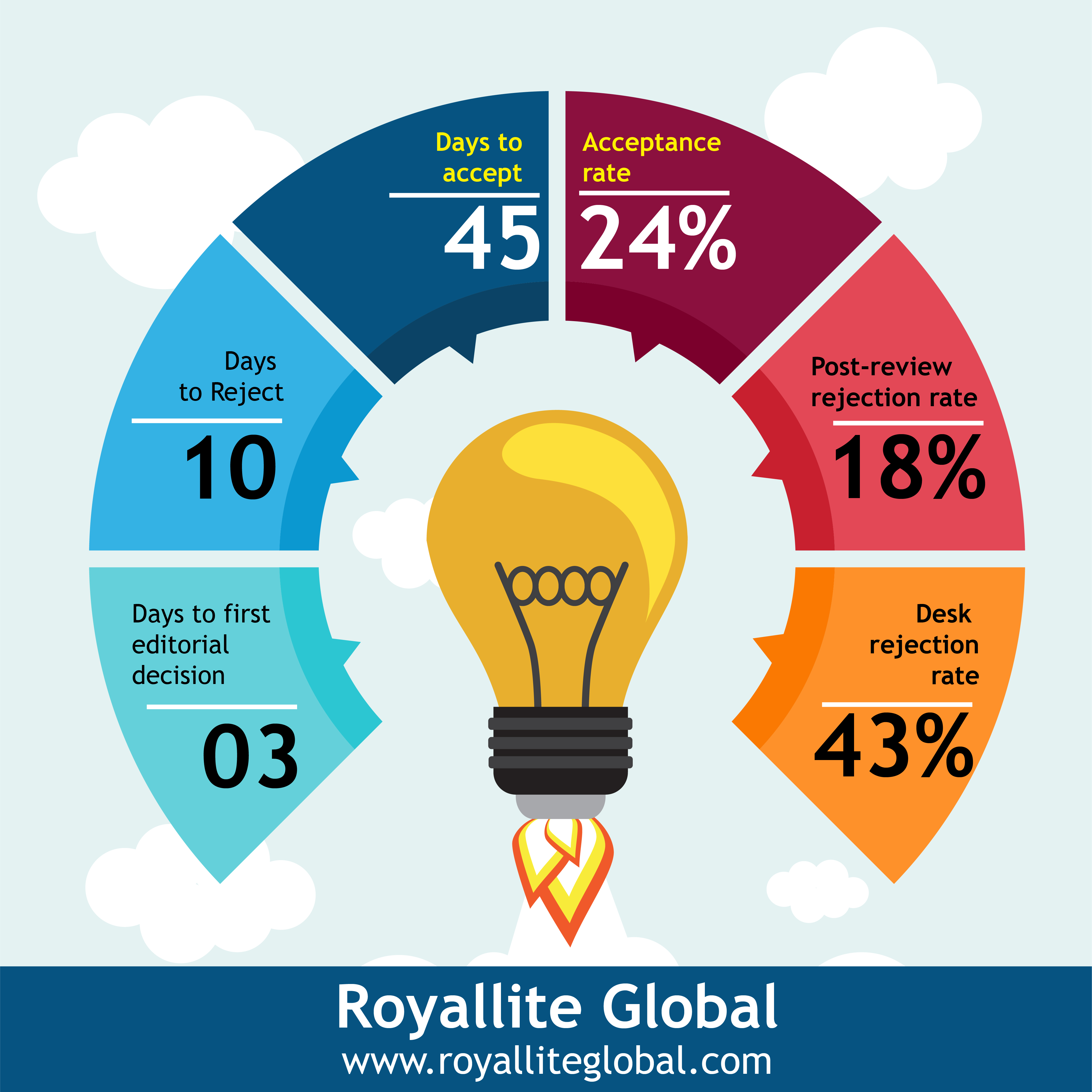Parental Socio-Economic Status and Social Adjustment of Students with Learning Disabilities in Oyo
Keywords:
parental socioeconomic status, social adjustment, learning disabilitiesAbstract
The paper aimed at finding out parental socio-economic status and social adjustment of students with learning disabilities in Oyo. The paper also aimed to find out the influence of parental socio-economic status and social adjustment of student with learning disabilities. A descriptive research design of survey type was adopted for the study. A sample of 200 (two hundred) respondents with learning disabilities were randomly selected from two secondary schools in Oyo East and Afijio Local Government Areas of Oyo, Oyo state. Two research questions were raised and answered. Two instruments: Delta Screener (r= 0.87) and a self-structure questionnaire titled “parental socioeconomic status and social adjustment” (r= 0.76) were used for data collection. Data collected were analyzed with descriptive statisticsof simple percentage, frequency counts and bar chart. The results showed that the parental socioeconomic status has positive influence on social adjustment of students with learning disabilities. It was recommended that the parents should use their socioeconomic status to influence the social adjustment of their wards.
References
American Psychological Association, (2007).Report of the APA task force on socioeconomic Status. Retrieved from http://www.apa.org/pi/ses/resources/publications/social-class-curricula.pdf
Battle, J. & Michael, L. (2002). The increasing significance of class: The relative effects of race and socioeconomic status on academic achievement. Journal of Poverty, 6(2), 21-35
Blair, C. & Scott, K.G. (2002). Proportion of LD placements associated with low socioeconomic status: Evidence for a gradient? Journal of Special Education. (1), 14-23.
Coutinho, M.J., Oswald, D.P., & Best, AM. (2002). The influence of socio-demographics and gender on the disproportionate identification of minority students as having learning disabilities. Remedial & Special Education. 23. (1), 49-60.
Dailey, E. L. (2004). Socioeconomic representation in special education.Unpublished master's thesis, State University of New York (SUNY) College at Brockport. https://digitalcommons.brockport.edu/cgi/viewcontent.cgi?article=1381&context=ehd_th eses
Doroudian, Z. (2011). Effectiveness of social adjustment and academic achievement in the improvement of arithmetic inability amongst the students in the school year ran from 2008 to 2009 in Tehran. Journal of Exceptional Individuals.12, 85–101.
Dunn C, Chambers, D. &Rabren, K., (2004).Variables affecting students' decisions to drop out of school".Remedial and Special Education. 25(5), 314–323.
Eamon, M.K. (2005). Social-demographic, school, neighborhood, and parenting influences on academic achievement of Latino young adolescents. Journal of Youth and Adolescence, 34(2), 163-175.
Gehlawat, M. ( 2011) A study of adjustment among high school students in relation to their gender. International Referred research Journal ISSN-0974-2832, RNI-RAJBL 2009/29954; 3(33), 74-83
Goode, E. (1999). For good health, it helps to be rich and important. The New York Times. New York
Juvonen, J. & Bear, G. (1992).Social adjustment of children with and without learning disabilities in integrated classrooms.Journal of Educational psychology, 84, 322-330.
Khankhani, Z.H. &Bagheri, S., (2012). Effectiveness of Verbal self-learning in improving the social adjustment of students with learning disabilities.Journal of Learning Disabilities. 21, 43–52 .
Mohammad, R. T. &Tahereh, J. N.(2014).Comparison of Social, Affective, Educational Adjustment and Academic Achievement between the Students with Learning Disability and Normal Students.International Journal of Psychology and Behavioral Research. 3(2), 102-107.
Mousavi-Lotfi, S. M., Akbari, V. A., Safavi, M., &Lotfi, R., (2009).Why emotional intelligence? Tehran: Fanous–e– Andisheh Press.
Narimani, M. &Aghajani, S. O., (2004). Learning disabilities. Ardabil: Bagh–e–Rezvan Press.
National Center for Education Statistics (2000).Socioeconomic status.National Center for Education Statistics. http://nces.ed.gov/programs/coe/glossary/s.asp
Norwegian Social Research.(2000). Level of living among children and adolescents in Low income families.NOVA Report 10/2010; Oslo, Norway.
Sharma, R. (2015). A study of social adjustment of learning disabled students, An International Peer Reviewed and Referred. II (VIII), 2027- 2034
Sideridis, G. D., (2006). Understanding low achievement and depression in children with learning disabilities: A goal orientation approach. International Review of Research in Mental Retardation. 31, 163–203.
Specht, J., (2004). Educating exceptional children: Current issues for educators”.Education Canada. 44(1), 4–7.
Yadav, R. (2014). To study the moral judgement among children at formal operational stage and its relationship with emotional intelligence and social adjustment and academic achievement.An International Peer Reviewed and Referred. II (VII), 105-117.
Published
Issue
Section
License
Copyright (c) 2020 Gabriel O. Ogunsola

This work is licensed under a Creative Commons Attribution-NonCommercial-ShareAlike 4.0 International License.
This open-access article is distributed under a Creative Commons Attribution (CC-BY) 4.0 license.
You are free to: Share — copy and redistribute the material in any medium or format. Adapt — remix, transform, and build upon the material for any purpose, even commercially. The licensor cannot revoke these freedoms as long as you follow the license terms.
Under the following terms: Attribution — You must give appropriate credit, provide a link to the license, and indicate if changes were made. You may do so in any reasonable manner, but not in any way that suggests the licensor endorses you or your use.
No additional restrictions: You may not apply legal terms or technological measures that legally restrict others from doing anything the license permits.






